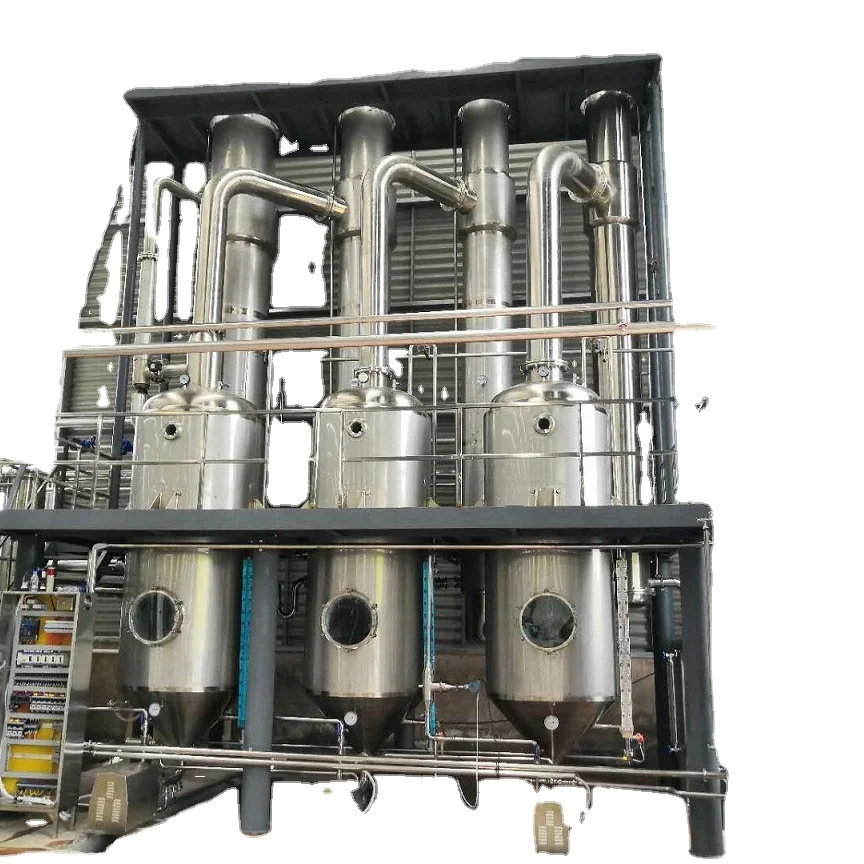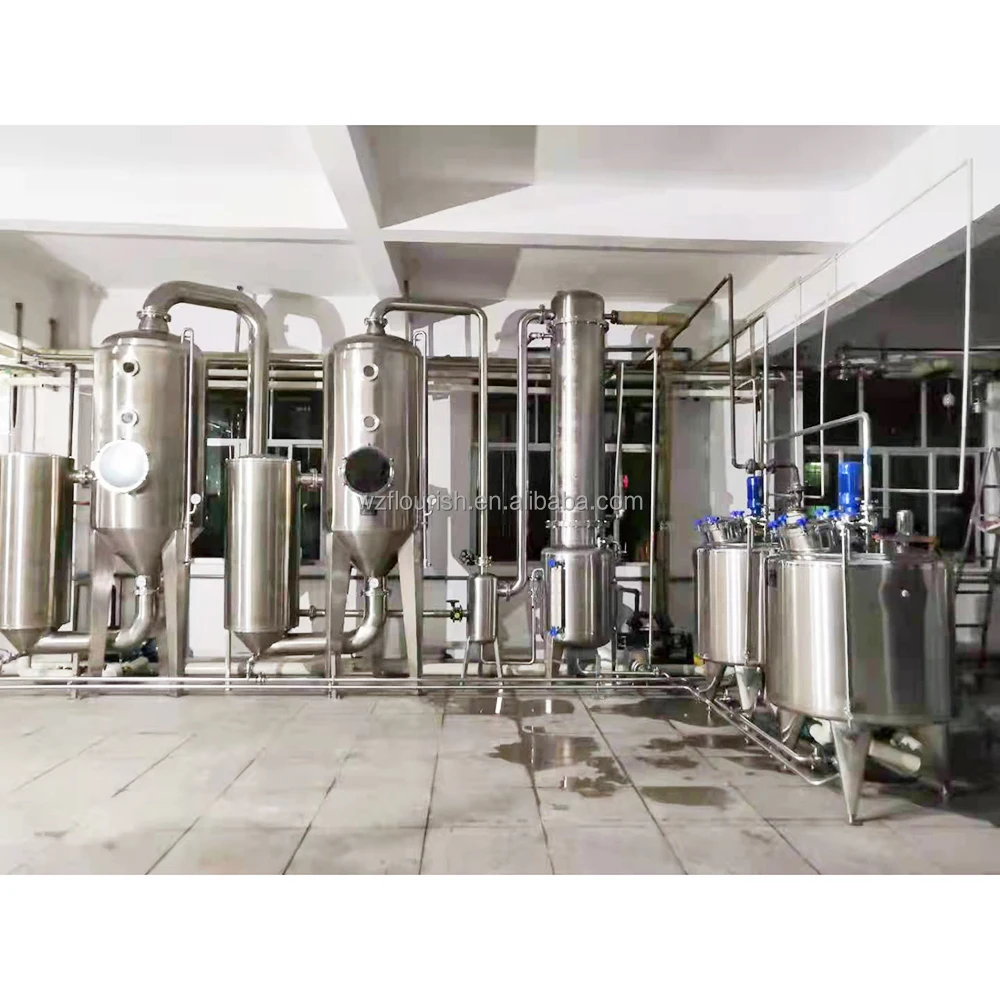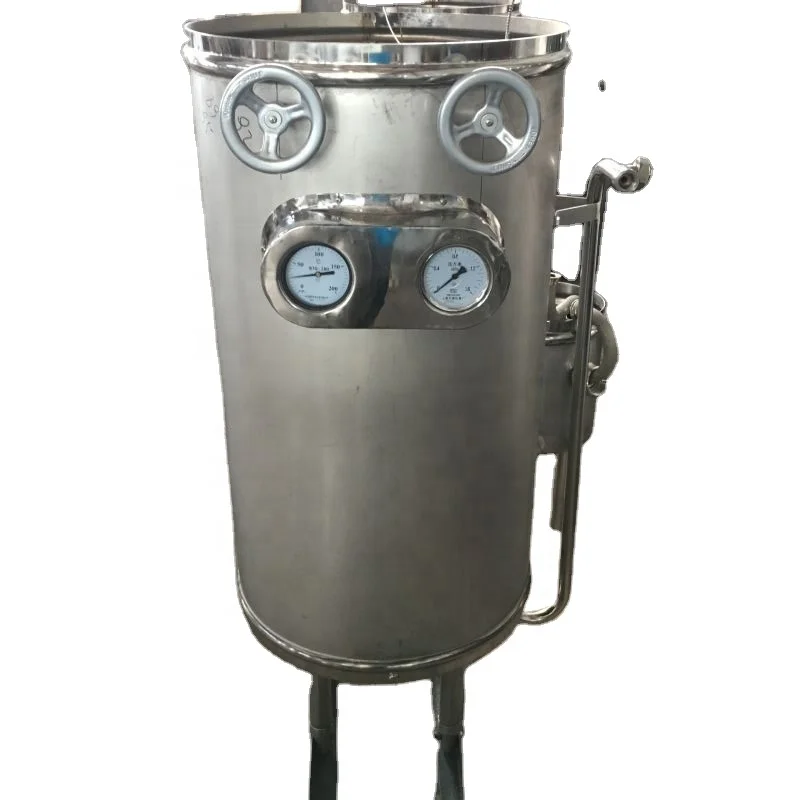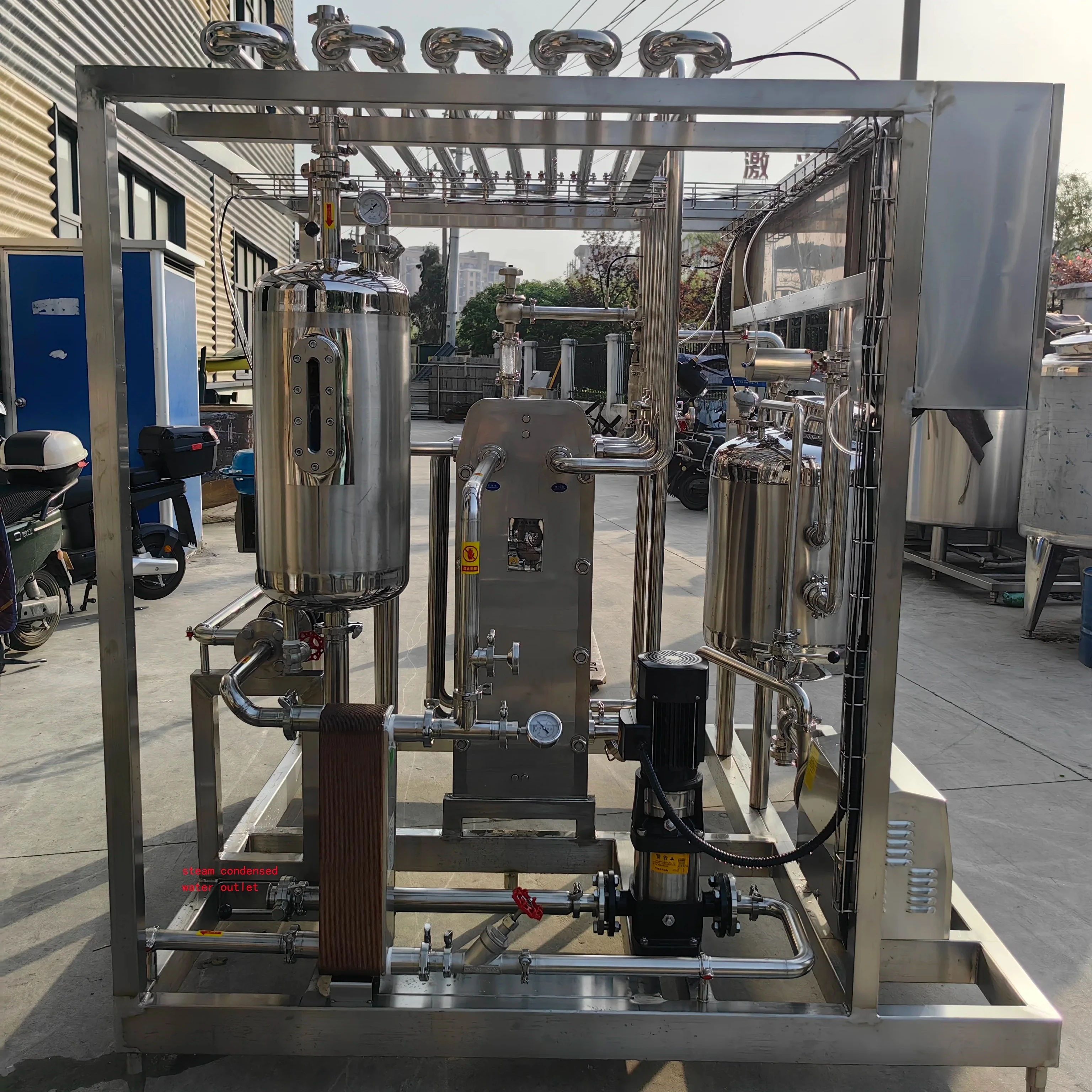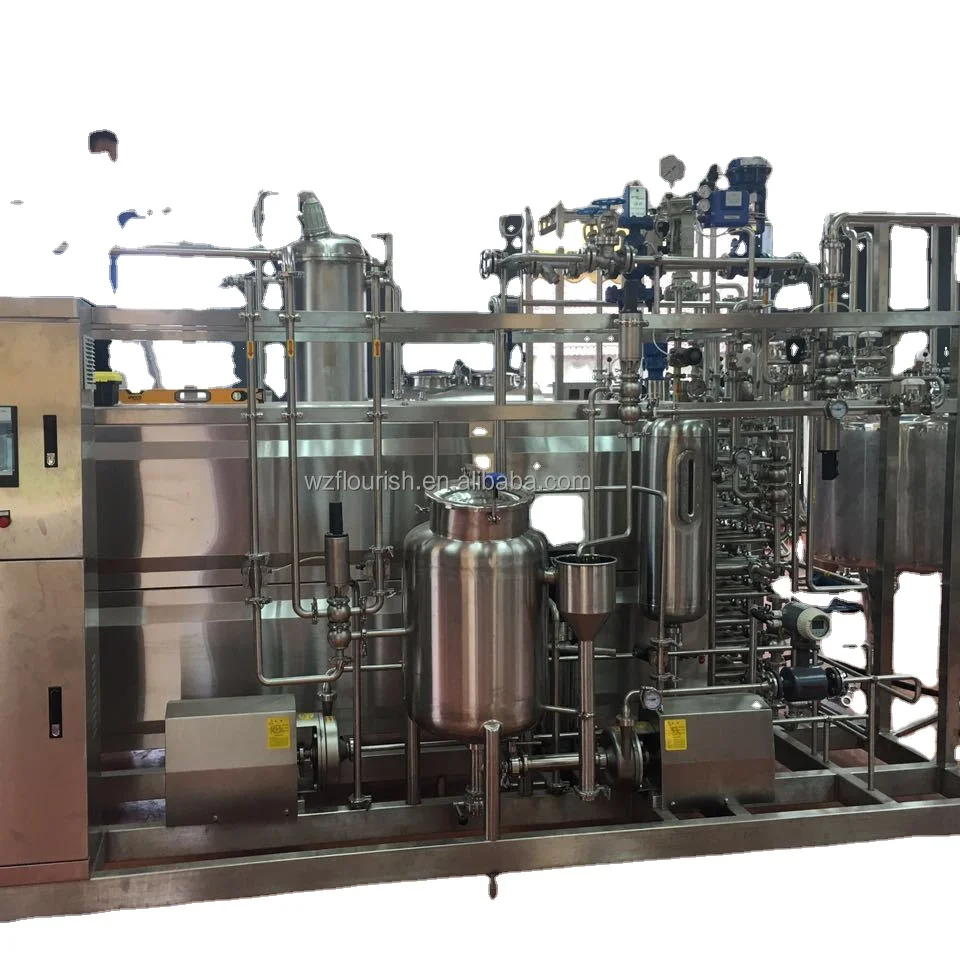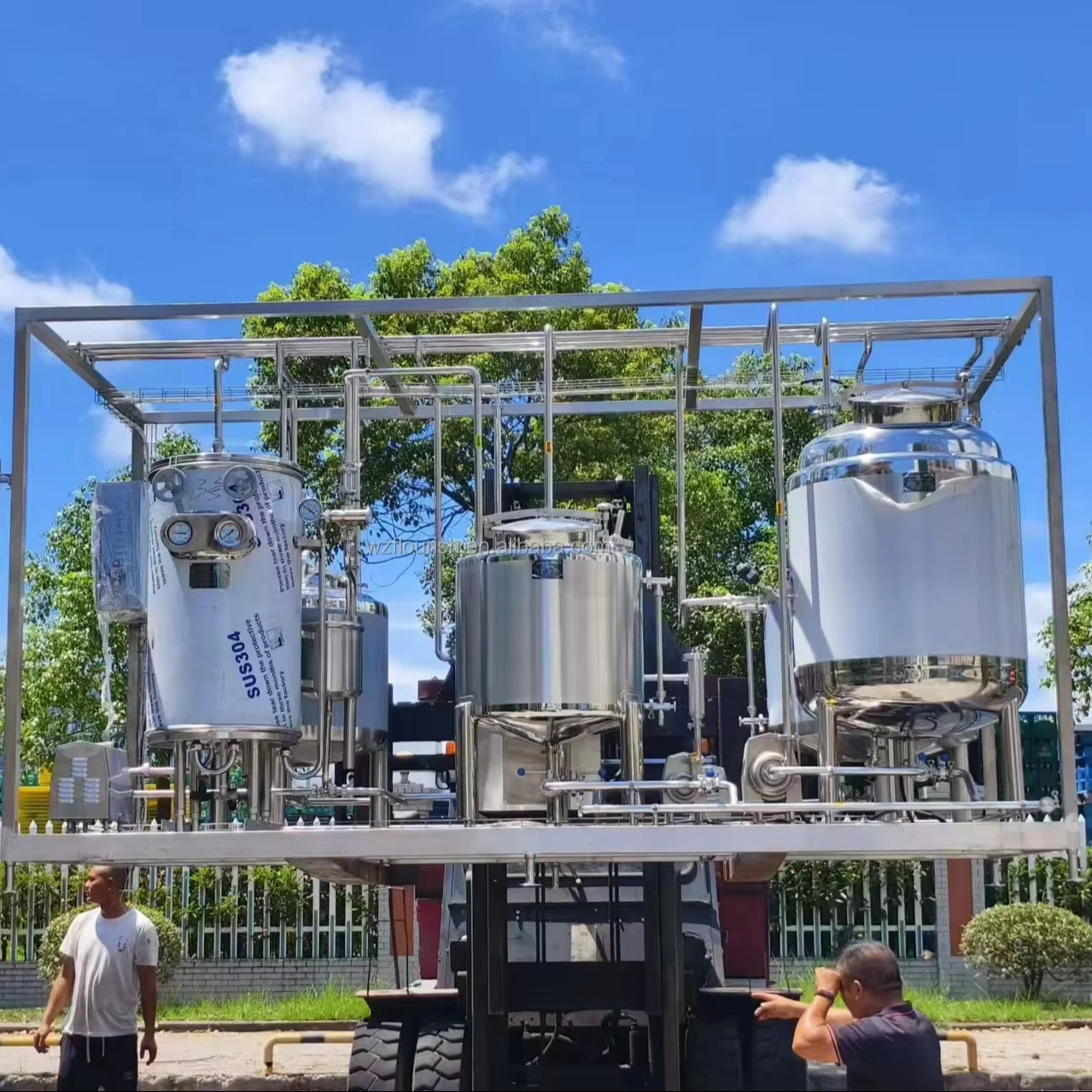ABOUT
Wenzhou Vince Machinery Science Co., Ltd. was established in early 1980s. Our company covers an area of 6500 square meters and is an independent legal representative firm, possessing rich economic technology strength. Our company is a high tech enterprise and plays an important role in national dairy, foodstuff, pharmacy and machinery industries. We are a beverage machinery supplier.
Since the establishment, our company has mainly engaged in dairy products, foodstuff, beverage machinery, bean products, yellow wine, medicines and fermentation projects. What's more, our company supplies a complete sequence services in manufacturing, installation, test and personnel train, as well as the whole direction service design and consulting service on product project construction or enlargement artistic distribution engineering sets budget.
PRODUCTS
Juice Evaporation: A Comprehensive Overview of Technology
Juice evaporation is a crucial process in the food and beverage industry, transforming fresh fruit juice into a concentrated form with extended shelf life. This process involves removing water from the juice, increasing its concentration of sugars, acids, and other flavor compounds. This comprehensive overview delves into the technology behind juice evaporation, exploring the different methods, their principles, advantages, and limitations.
Types of Juice Evaporation Technologies
Several evaporation technologies are employed for juice concentration, each tailored to specific juice types and desired product characteristics. These include:
- Single-Effect Evaporators: These basic evaporators utilize a single stage of evaporation, with heat transferred from steam to the juice in a heat exchanger. While cost-effective, they require large amounts of steam and are less energy-efficient.
- Multiple-Effect Evaporators: This method employs multiple stages of evaporation, using the vapor from one stage to heat the juice in the next. This cascading effect significantly reduces steam consumption and increases energy efficiency.
- Falling-Film Evaporators: In this design, the juice flows down a heated surface in a thin film, maximizing heat transfer and minimizing the risk of scorching. It's suitable for heat-sensitive juices.
- Forced Circulation Evaporators: This type uses a pump to circulate the juice through a heated tube, ensuring uniform heating and avoiding localized boiling.
- Membrane Evaporation: This innovative technology uses semi-permeable membranes to separate water from the juice, requiring lower temperatures and preserving flavor profiles.
Factors Influencing Juice Evaporation Efficiency
The efficiency of juice evaporation is influenced by various factors, including:
- Juice Properties: The composition and concentration of the juice, including sugar content, viscosity, and pH, directly affect the evaporation rate.
- Temperature and Pressure: Higher temperatures and reduced pressures facilitate evaporation. However, exceeding optimal conditions can lead to juice degradation.
- Heat Transfer: The rate of heat transfer from the heating medium to the juice is crucial for efficient evaporation. Factors like surface area, flow rate, and material properties play a role.
- Vapor-Liquid Separation: Effective separation of the evaporated water from the juice is essential for maintaining product quality and preventing entrainment.
Advantages and Disadvantages of Juice Evaporation
Juice evaporation offers numerous advantages, including:
- Extended Shelf Life: Concentrated juices have a longer shelf life due to reduced water content, minimizing microbial growth and spoilage.
- Reduced Storage and Transportation Costs: Concentration significantly reduces the volume of juice, making it more efficient to store and transport.
- Enhanced Flavor: Some juices exhibit increased flavor intensity after evaporation, due to the concentration of aroma compounds.
However, evaporation also presents challenges:
- Potential for Nutrient Loss: Some heat-sensitive vitamins and minerals may degrade during the evaporation process.
- Flavor Alteration: Improper evaporation can lead to flavor changes and undesirable browning reactions.
- Equipment Cost: Evaporation systems can be expensive, especially for large-scale operations.
Overall, juice evaporation remains a crucial technology for the fruit juice industry, offering a balance of benefits and challenges. Understanding the different methods, factors influencing efficiency, and potential drawbacks allows for optimized process selection and product quality control.
SUBSCRIBE
INQUIRY

